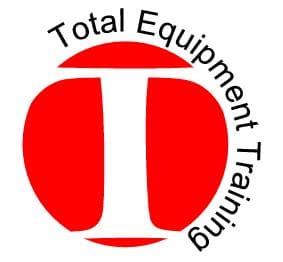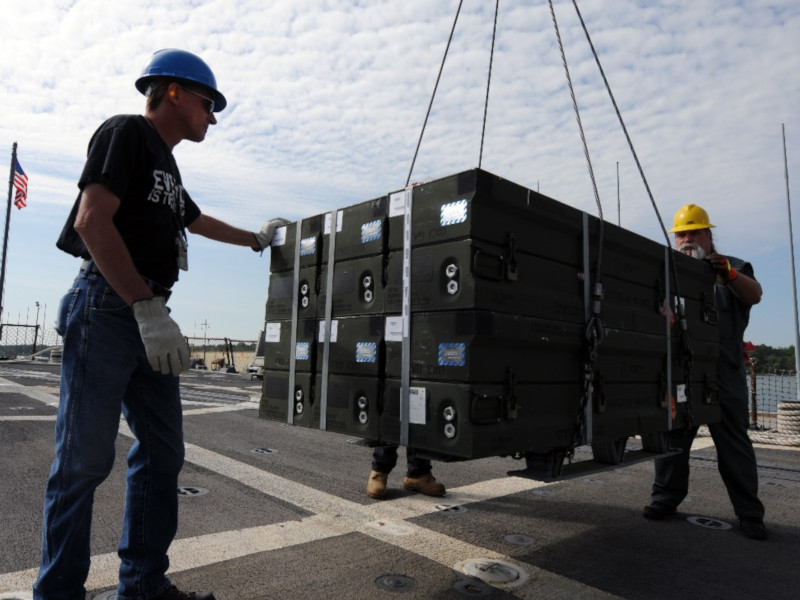On-Site Certified Rigger Training in PA
Accidents are unpredictable and can happen unexpectedly any time on the job site, that’s why, it is important for all the riggers to have complete training and certifications to perform their job carefully and safely. Crane riggers play a pivotal role in safety at the job site while cranes are in operation.
Therefore, a crane rigger has multiple responsibilities and performs a pivotal role in the safety of a job site where cranes are being used.
Qualified Rigger Regulations in Pennsylvania
It is a must for all the employers in PA to use proficient riggers during all hoisting activities for assembly/disassembly work as per OSHA regulation 1926.1404 (r)(1). Additionally, a qualified rigger must be used while workers are within the fall zone and hooking, unhooking or guiding a load, or doing the initial connection of a load to a component or structure.
How to Become an NCCCO Certified Rigger in PA
Candidates who aspire to become a certified rigger in PA are required to pass both written and practical tests. At that point, candidates are allowed 12 months time from the time they pass either of the tests to qualify for the corresponding examination (written or practical) for each rigger certification level.
In addition, in order to become a certified rigger in PA, individuals must also:
- Be at least 18 years old
- Comply with NCCCO’s Substance Abuse Policy
- Comply with NCCCO’s Code of Ethics
NCCCO Rigger Recertification in Pennsylvania
In PA, CCO rigger certification’s validity lasts for 5 years. To get recertified, candidates are required to fulfill all conditions and requirements during the 12 months before their certification expires. The recertification requirements include:
- Passing the Recertification Written Exam
- Compliance with NCCCO’s Substance Abuse Policy
- Compliance with NCCCO’s Code of Ethics
There is no grace period once a certification has expired. Certification that has lapsed must pass both the full Written and Practical Certification Exam again.
How to Become a Qualified Rigger in PA
To become a qualified rigger in PA, the requirements are different from becoming a certified rigger. Unlike the NCCCO Rigger Certification, there is no authorized organization or agency to evaluate the qualification of the candidate. Determining if a candidate is a qualified rigger is instead based on the nature of the load, lift, and equipment used in hoisting a specific load as well as the candidate’s knowledge, skills and experience. Typically, this is site specific and the training is not portable. An NCCCO Certified Rigger is usually considered qualified for most lifts. The Certification is portable and many companies/cities/states require it.
Our On-Site Rigger Training Locations in PA
Both OSHA rigger qualification and NCCCO rigger certification is provided by Total Equipment Training. Our training is provided on-site at your facility across PA locations including Philadelphia, Pittsburgh, Lancaster, Harrisburg, Allentown, and Erie, as well as across the United States. Our highly-qualified staff will help you decide which program suits your needs the best.
Contact Information for Pennsylvania OSHA
If you have questions about occupational safety and health standards and rigger qualifications in Pennsylvania, you can contact the PA Department of Labor and Industry or OSHA directly at:
Department of Labor and Industry
1700 Labor and Industry Bldg.
7th and Forster Streets
Harrisburg, PA 17120
OSHA Pennsylvania
Saucon Valley Plaza
3477 Corporate Parkway
Suite 120, Center Valley, PA 18034
(267) 429-7542
Contact us today or give us a call at (610) 321-2679 and our knowledgeable staff will provide you with the information you need and tailor an on-site rigger certification training program to fit your needs and meet OSHA requirements in Pennsylvania.
CONTACT US TODAY
(610) 321-2679

